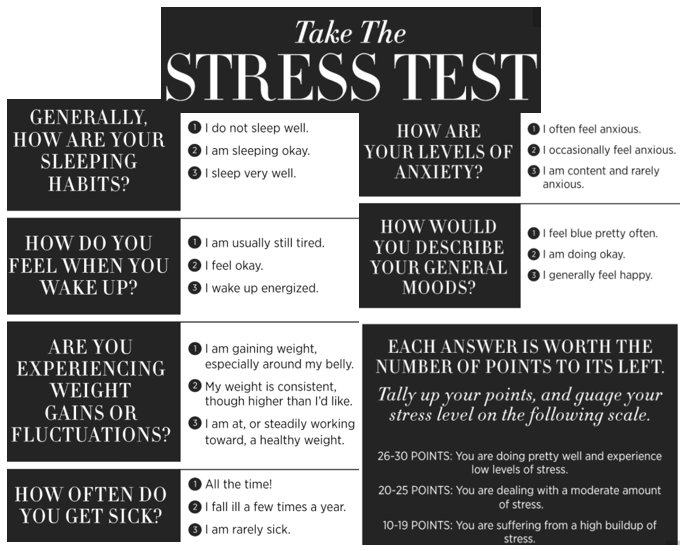
We’ve all felt stress in one way or another. It has a way of sneaking up and can affect our entire being: mentally, socially, and even physically. When stressful situations come up, it’s easy to lose our cool and act in ways we normally wouldn’t. In this blog series, we are going to learn more about stress, what causes it, how it affects us and our children, and how we can best manage it.
Get in Check! Take a moment to think about the stress in your life. Where does it come from? How does it feel? How do you manage it?

So what is stress? Stress is really just our body’s response to any kind of demand or change. Our body can respond in two ways: we can feel motivated to accomplish the demand or we can respond by shutting down.
Stress that motivates us is known as eustress. This is a positive form of stress. It is stress that we interpret as being beneficial to our health, motivation, emotional well-being, etc. (Meriam-Webster). Think about a time you went on a first date, traveled to a new place, worked out really hard, or learned something new. These things are challenging and may cause some nervousness, but they challenge us in a positive way. The stress we feel in these situations gives us a boost that helps us perform better.
Too much stress, on the other hand, can cause distress. Distress prevents us from responding to the demand. This is typically what we are experiencing when we say we are “stressed out.” When the laundry piles up, bills are due, your toddler is acting out, your friend isn’t speaking to you, etc. you’re likely to get overwhelmed. This is when we shut down and the stress is no longer motivating.
 It can wreak havoc on our bodies! Stress, when experienced as distress, can contribute to headaches, anxiety, teeth grinding, digestive disorders, weight gain, muscle aches, and can even lead to strokes or heart disease. Aside from the physical effects of stress, it can also harm our relationships and parenting skills. When we are overwhelmed with stress, we are likely less focused, less patient, and less kind. Imagine the last time you said words you regret or responded to someone in a way that was out of character. Were you feeling stressed at the time? More times than not, the answer is YES.
It can wreak havoc on our bodies! Stress, when experienced as distress, can contribute to headaches, anxiety, teeth grinding, digestive disorders, weight gain, muscle aches, and can even lead to strokes or heart disease. Aside from the physical effects of stress, it can also harm our relationships and parenting skills. When we are overwhelmed with stress, we are likely less focused, less patient, and less kind. Imagine the last time you said words you regret or responded to someone in a way that was out of character. Were you feeling stressed at the time? More times than not, the answer is YES.
It’s time to get in check with our stress! Stress isn’t always a bad thing, but it can be. It’s also not only for adults. Children feel it too! When we’re feeling stressed, it’s likely that our children and significant other are experiencing it also. It can affect the whole family, so stayed tuned for our next blogs to learn about the different types of stress, identifying everyday stressors, and how to respond to them.
Additional Resources
- YouTube Video on Eustress and distress and the effect on the body
- Stress Lessons Tool-Kit for Parents and Providers
- The Stress Management Society Webpage

